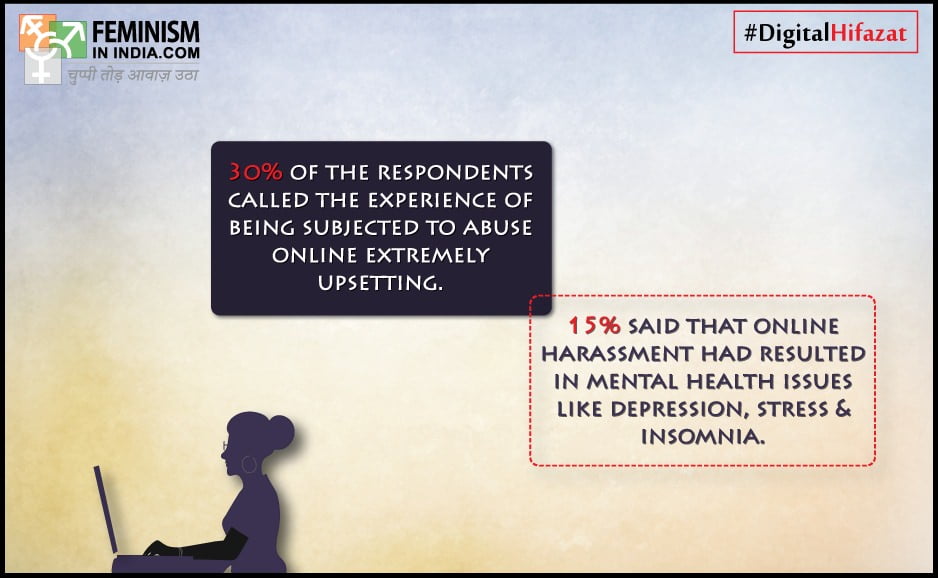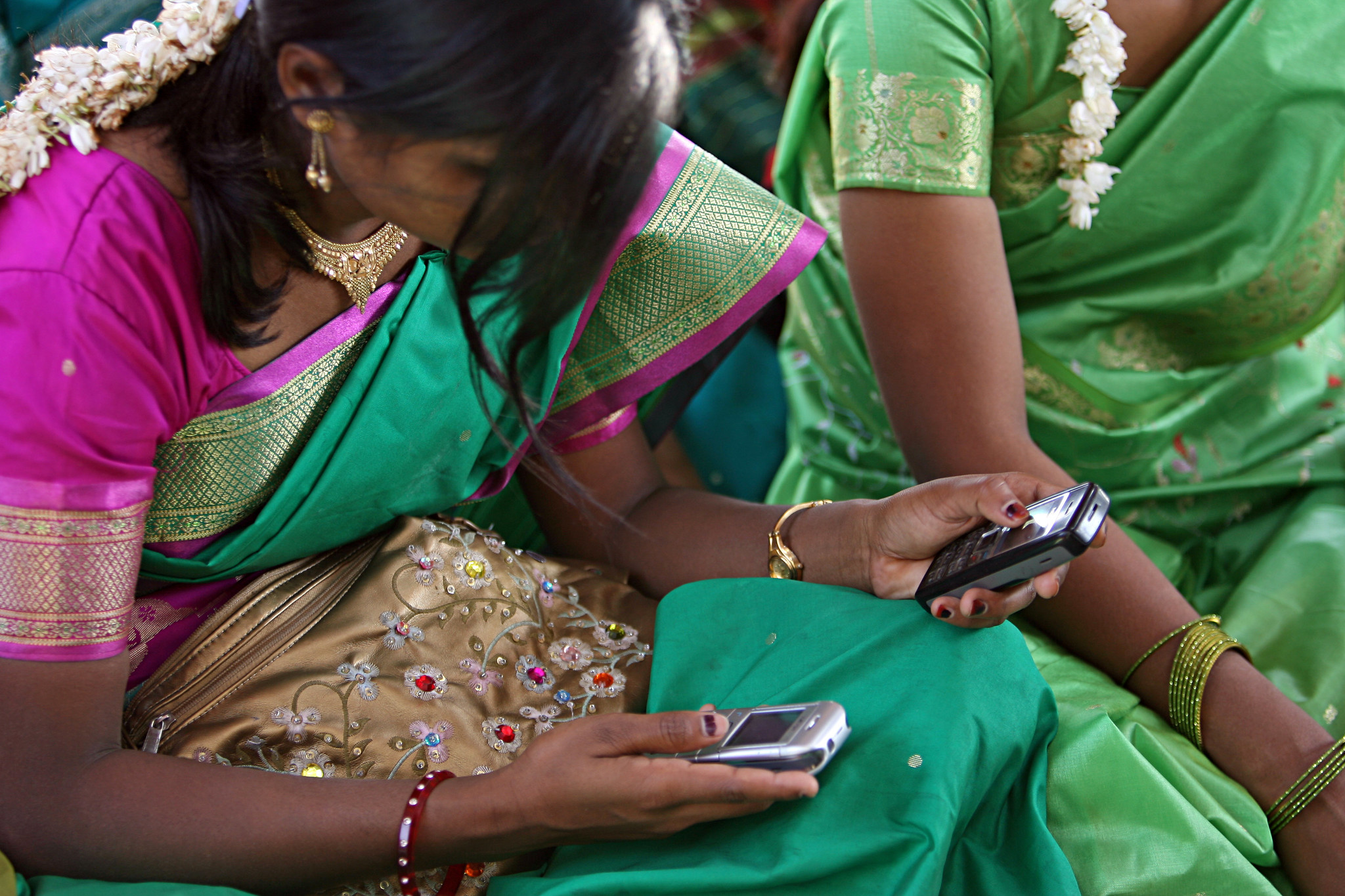Cyber VAW or cyber violence against women is defined as any kind of abuse, threat, harassment, stalking, violation among others against women using technology or technology related-violence. According to a UN Women report, almost three quarters of women globally have faced some kind of cyber violence.
In India, as elsewhere all over the world, the online harassment of women and marginalized genders and sexualities is rampant, in contrast to the internet’s initial premise of equal opportunity and neutrality. What we have today is a flawed internet that reflects the offline world we live in, where women and marginalized communities are abused, harassed, threatened, stalked and violated on a daily basis.
Cyber VAW includes, but is not restricted to the following:
- Cyber stalking
- Cyber bullying
- Cyber harassment
- Identity theft
- Breach and violation of privacy/confidentiality
- Voyeurism
- Image-based sexual violence, popularly known as revenge porn.
Cyber VAW is a serious issue in India, affecting more than half of the survey respondents, yet women and other targets lack support and understanding to respond effectively.

Yet my study found that women themselves have trouble thinking of the attacks they experience on social media platforms as “violent,” and are more likely to block or ignore their assailants than report them, while participating less in the online space themselves. Many lack awareness of their legal rights as victims of cyberstalking and other crimes. In addition to expanding options for women to complain about abuse, education is needed for law enforcement agencies, and even for the victims and their communities, about the importance of prosecuting individuals who use social media as a tool to perpetuate violence against women and minorities.
Online violence against women and marginalized individuals should be taken as seriously as offline abuse. It has adverse effects on the victim’s emotional wellbeing, and can also translate into physical danger. Because of the public nature of online abuse, the reactions of friends, colleagues, and the media can exacerbate the trauma. Authorities advise women to refrain from using their real names or posting pictures of themselves, silencing the victims rather than their abusers.

The social and cultural limitation of online spaces is an issue that is being acknowledged across the world. Women in general and marginalized groups in particular, are facing severe challenges when it comes to public participation and claiming their rights in digital communities. As the online and offline environments are fundamentally intertwined, gender- based power structures have real-world implications regardless of platform.
Threats online also translate into threats and violence offline, both in public and private spaces – having a devastating impact on the ability/possibilities of women, and marginalised groups to access, create and share content without being targeted by gender-based violence online.
Our campaign – #DigitalHifazat – aims to explore how gender-based violence online affects the participation of women and marginalized genders and sexualities in online spaces, what counter-strategies are being developed, and what are the possibilities of cross-expertise collaboration to ensure a safe online environment for women and marginalized genders and sexualities.
About the author(s)
Japleen smashes the patriarchy for a living! She is the founder-CEO of Feminism in India, an award-winning digital, bilingual, intersectional feminist media platform. She is also an Acumen Fellow, a TEDx speaker and a UN World Summit Young Innovator. Japleen likes to garden, travel, swim and cycle.




